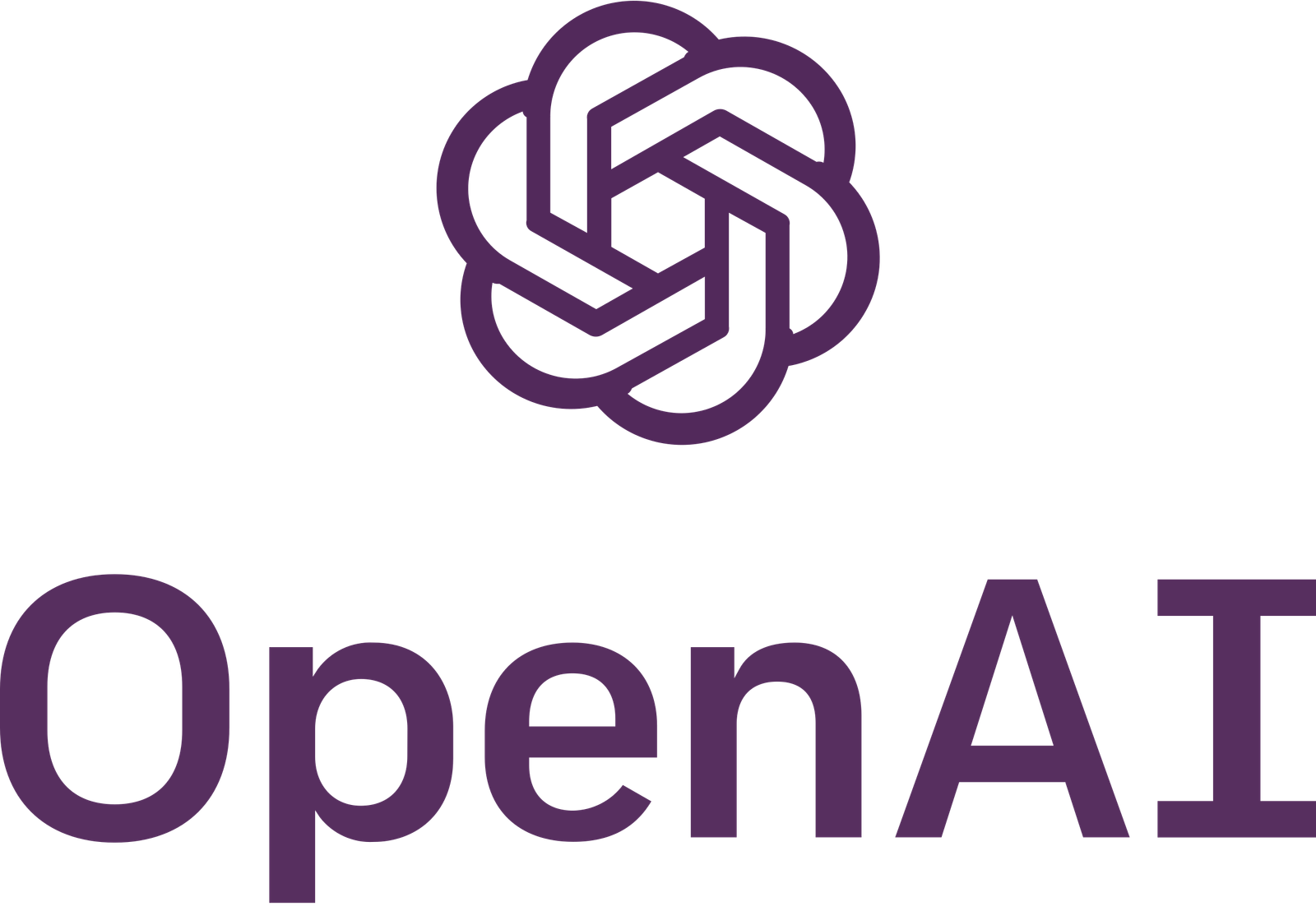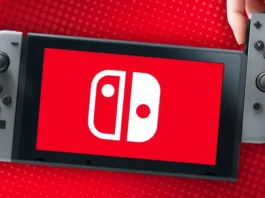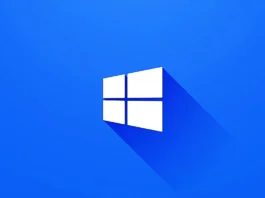In a groundbreaking lawsuit, The New York Times has taken legal action against OpenAI, the creator of ChatGPT, and its key investor, Microsoft, accusing them of using its copyrighted material without authorization to train their artificial intelligence models. This legal battle highlights the ongoing tension between AI developers and content creators over copyright issues and the use of internet-sourced material for AI training purposes.
Key Highlights:
- The New York Times alleges OpenAI and Microsoft used its copyrighted content to train ChatGPT.
- The lawsuit demands the destruction of AI models and data incorporating The Times’ copyrighted material.
- OpenAI and Microsoft face accusations of direct and substantial copying, particularly impacting The Times’ revenue streams.
- The legal action raises significant questions about the future of IP rights in the age of AI.
- Some news outlets have blocked OpenAI’s web crawler, while others have negotiated content use agreements.
The Legal Allegations
The lawsuit filed by The New York Times underscores a significant copyright conflict, asserting that OpenAI and Microsoft have unlawfully copied and utilized The Times’ copyrighted works to enhance their AI technologies. This suit, which does not specify a monetary demand, argues for billions in damages and insists on the elimination of any AI models and training datasets that infringe on The Times’ copyrights. The case particularly points out instances of verbatim and direct copying, significantly affecting The Times’ revenue through lost affiliate referral revenue and decreased traffic.
The Impact on the AI Industry
This lawsuit marks a pivotal moment for the AI industry, reminiscent of historical copyright disputes in the music and software sectors. It underscores the increasing need for clear guidelines and agreements between AI developers and copyright holders. The case has prompted a broader debate on intellectual property rights in the digital age, with many creators, from writers to musicians, concerned about how AI might use their work without compensation.
Responses and Reactions
As of now, OpenAI and Microsoft have not publicly responded to the lawsuit. The legal challenge has garnered attention from various sectors, with entrepreneurs and legal experts likening it to significant copyright battles of the past. This lawsuit comes amid a series of actions by content creators against AI companies, including class-action lawsuits by authors and photographers, and individual companies blocking AI crawlers from accessing their sites.
The Future of AI and Copyright
This lawsuit could set a precedent for how AI technologies are developed and utilized, especially concerning copyrighted content. The outcome may influence future collaborations between AI developers and content creators, potentially leading to more formal agreements that respect copyright while allowing for innovation. Some media outlets have already struck deals with OpenAI, indicating a possible path forward that balances the interests of both parties.
The lawsuit filed by The New York Times against OpenAI and Microsoft represents a critical juncture in the intersection of AI technology and copyright law. It challenges the current practices of using internet-sourced content to train AI models without explicit permission, prompting a reevaluation of how such technologies are developed. As the case unfolds, it will likely influence not only the future of AI development but also the broader discourse on intellectual property rights in the digital era. This legal challenge underscores the need for a collaborative approach that ensures innovation does not come at the expense of creators’ rights.







